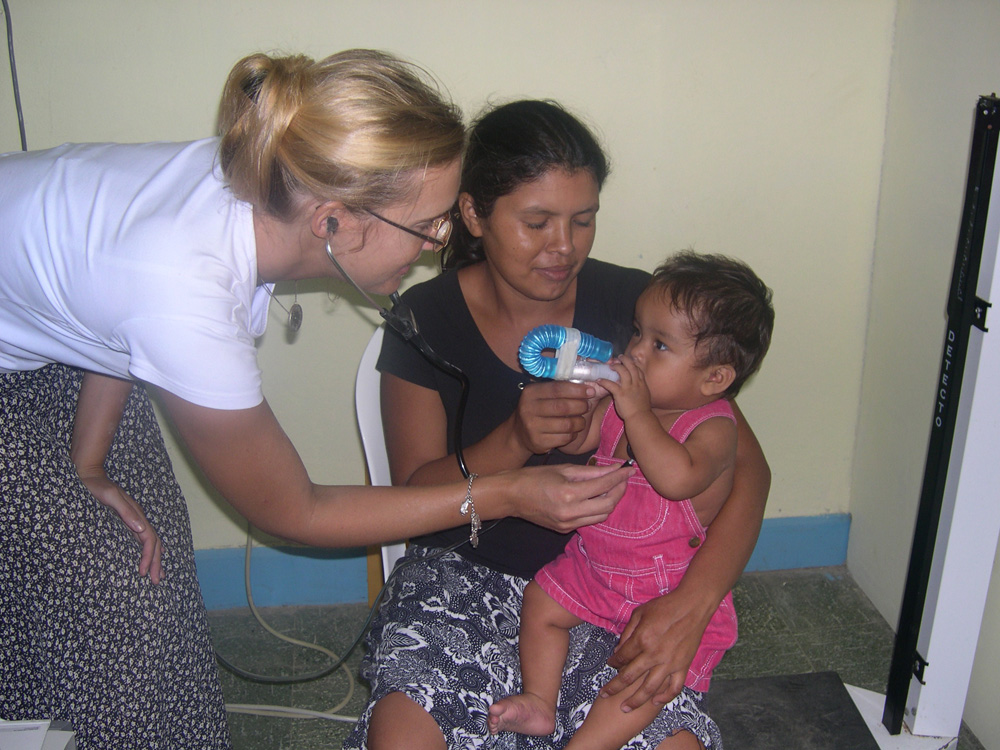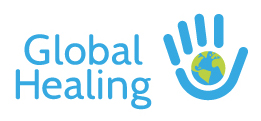
Success Stories
ARMENIA
Establishing a regional blood bank as the foundation for an improved national blood system.
Gyumri is Armenia’s second largest city and the site of the devastating 1989 earthquake. Recovery has been slow and health support for the population continues to be affected by the damage. In 2005, Global Healing facilitated the creation of the Gyumri Regional Blood Bank in collaboration with the Armenian Ministry of Health and local medical professionals, providing equipment and training to establish a self-sufficient, modernized blood bank capable of meeting the needs of the region. The Gyumri Regional Blood Bank continues to be one of the highest performing blood centers in Armenia.
DOMINICA
Updating existing facilities and improving donor recruitment for an improved supply of safe blood.
When we first visited in 2008, the Princess Margaret Hospital Laboratory and Blood Bank in Roseau, Dominica were in need of repairs and new technology to meet the clinical demand for blood products. Global Healing secured equipment for the site, including a new freezer and computerized laboratory information system, enabling the safe storage and more efficient processing of blood products. We provided training for on-site technicians and blood bank staff and facilitated donor recruitment efforts to increase voluntary blood donation throughout the country. To improve the quality of the blood supply, our medical volunteers also developed a study protocol to determine the prevalence of hepatitis C in the blood donor population on the island. With enthusiastic support from the Ministry of Health and hospital staff, we were able to successfully complete our program in 2009.
GEORGIA
Enabling cardiac care for children and adults, promoting blood safety, and planning to create the first comprehensive pediatric oncology center in the country.
We provided the training and equipment that enabled the Jo Ann Medical Center to perform the very first pediatric open-heart surgeries in the entire Caucasus region back in 1996. In order to accomplish this successfully, we also established a modern blood bank at JAMC in 1999 capable of supporting their cardiac surgery needs. In 2015, we concluded a national blood safety project to support the development of standards and training for blood banks throughout the country. Our partnership continues, and we are currently developing a new program to create a pediatric oncology center at the JAMC to save the lives of children in Georgia with cancer.
MOLDOVA
Implementing a national-scale blood safety program to improve health outcomes.
Global Healing’s first national-scale blood program began in Moldova in 2009. We provided assistance, training and equipment to blood banks at three of the largest hospitals in the capital of Chisinau. Working with national and regional blood centers, we also facilitated training for biomedical engineers and created an immunohematology reference laboratory. In 2014, the National Blood Transfusion Center in Chisinau secured funding to replicate the hospital transfusion service model we implemented to 17 more hospitals. Through our program, quality management departments were established at all regional blood banks in the country, making a significant impact on the health of the population for decades to come.
UKRAINE
Improving national blood systems to prevent the medical transmission of HIV.
Slightly smaller than Texas, Ukraine is the second largest country in Europe. Hard-hit by the global HIV/AIDS pandemic, Ukraine still has a prevalence of HIV nearly double that of neighboring countries. As part of their capacity-building efforts in Ukraine, the American International Health Alliance (AIHA) partnered with Global Healing to improve the safety of the national blood system and limit potential for transmission of HIV by blood transfusions. Through AIHA, we have provided technical assistance across all sectors of blood safety in seven Ukrainian cities: Bila Tserkva, Kyiv, Luhansk, Lviv, Odesa, Rivne and Zhytomyr.
Funding for this program was provided, through AIHA, by the United States Centers for Disease Control program under the President’s Emergency Plan for AIDS Relief (PEPFAR).
